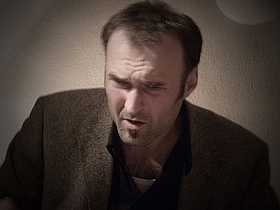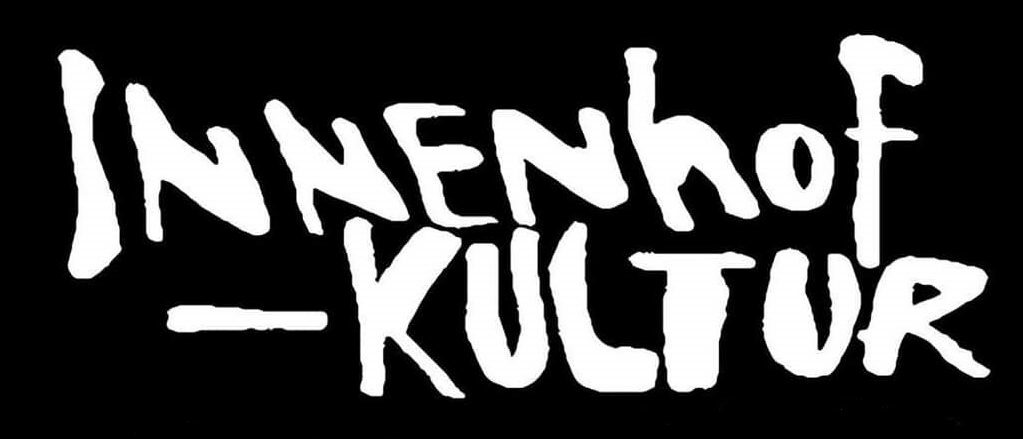Monday Music Session mit Tonč Feinig – 20.00
Tonč Feinig-piano
Milan Nikolič-bass
Klemens Marktl-drums
Standards und Neues von Feinig!
Eintritt 7 Euro - KONSE-StudentInnen gratis

FEINIG-NEWS:
February 27 – Monday Music Session at Raj
my piano trio
with
Klemens Marktl on drums
Milan Nikolič on bass
me, as said, on piano
we“ll perform some new originals of mine!
the next Monday Sessions in raj will be on
12th and 26th March, line up to be announced in my next newsletter
And now two more things:
1.
My first cd as a leader of my then quartet, We“ll See, is online now!
here are the links:
http://www.cdbaby.com/cd/toncfeinigquartettfeatmi
and on Itunes:
http://itunes.apple.com/at/album/we-ll-see-feat.-michael-erian/id500209614
2.
Here“s the link to a fantastic online radio, as well as other info:
http://runjoeteka.blogspot.com/
It “s Sergej Ranđelovič“s blog, he“s the drummer in Robert Jukič“s Kramp project (and of course many other bands)
It has some very amazing tunes on it, which you might never hear on the radio!
Great ecclectic stuff!!!
SO, that was ist!
I hope you can enjoy the weather and don“t have to drive around in the snow…
and drop by at my www.feinig.org from time to time!
Greetings
Tonč


